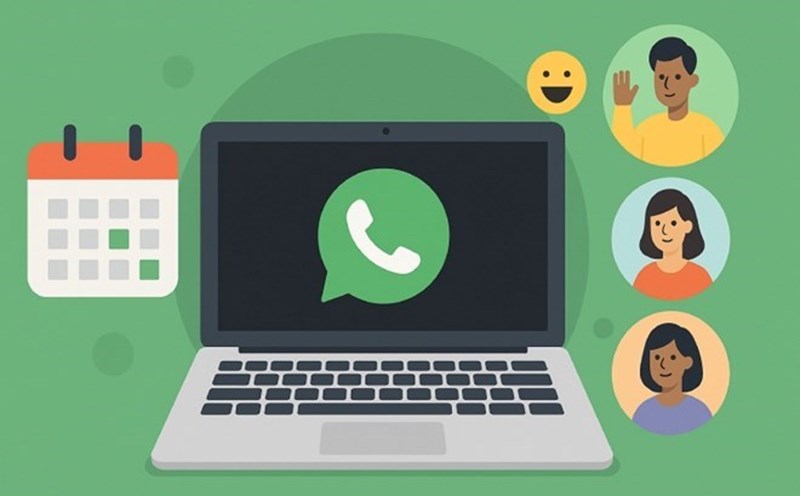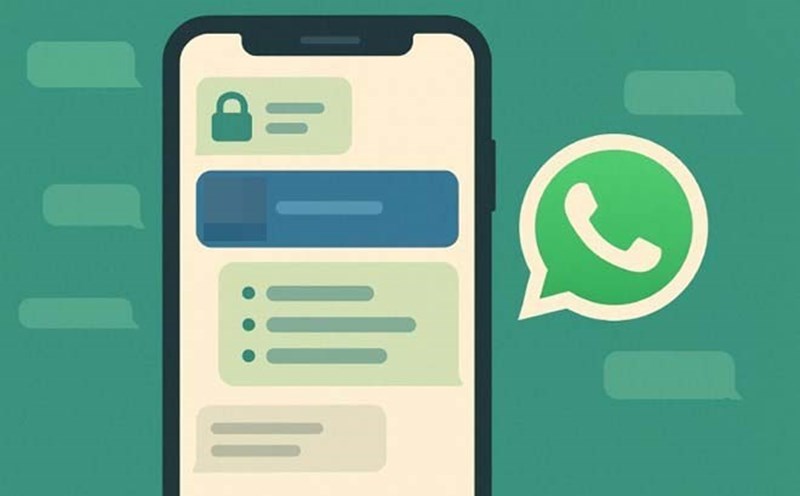Facebook (Meta's messaging app) is getting closer to its goal of multi-platform communication support, allowing users to chat with friends on other apps without leaving Facebook.
According to the updated tracking page WABetaInfo, some users in the European Union (EU) have experienced this feature on the latest beta version of the application.
This move marks an important step forward in Google's efforts to create a unified messaging environment, which will prevent users from installing too many different apps to stay in touch.
How does the cross-platform chat feature work?
According to WhatsApp, users will be able to send messages, photos, videos, voice notes, and documents to third-party messaging apps.
To activate, users only need to access Settings > Account > Third Party Story.
A noteworthy point is that Google allows customization of message display:
- If you select Combined, all messages from Google and third parties will appear in a common mailbox.
If Separated is selected, messages from other applications will be saved separately in a separate file, making it easier for users to manage.
However, familiar features such as status updates, self-canceling messages, or stickers will not be supported when chatting with external applications.
Additionally, WhatsApp warns that those who have been blocked on the app can still contact you via other platforms if the feature is enabled.
Security and privacy levels
Facebook says that any message via the feature will still be end-to-end encrypted, ensuring the conversation is secure and cannot be read by Facebook or third parties.
However, each partner application can apply different data protection regulations, so users should carefully consider their security policy before using it.
Users can also control notifications when receiving messages or connection requests from other application users, with the choice between immediate notifications or reviewing later.
Official implementation time
As planned, WhatsApp will officially support third-party chats in Europe in 2026, in compliance with the EU's Digital Markets Act (DMA), which requires major messaging platforms to be compatible with each other.
However, cross-platform voice and video calls may not have to wait until 2027 to be deployed.
Despite its limitations, this is considered an important breakthrough for WhatsApp in its journey to expand the interaction between platforms.
If successful, users can chat through the app between WhatsApp, Signal, Telegram or even Messenger, a prospect that was once considered impossible in today's messaging ecosystem.











